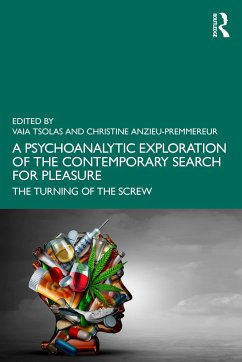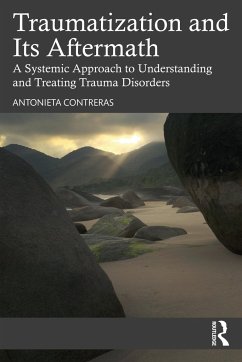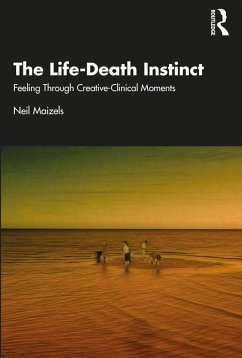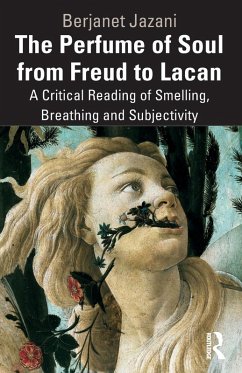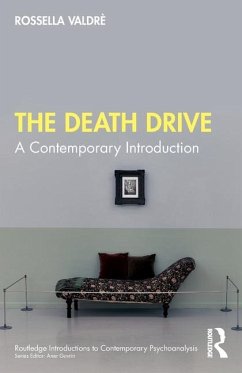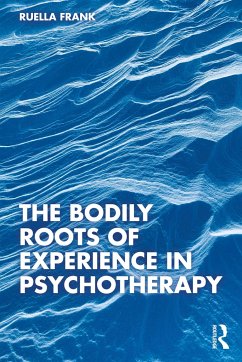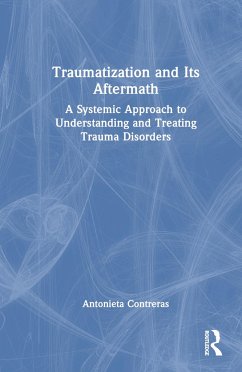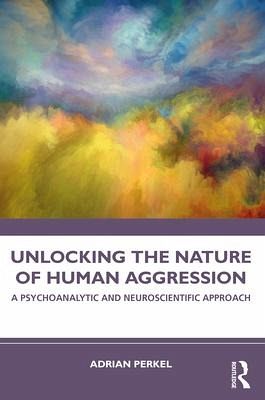
Unlocking the Nature of Human Aggression
A Psychoanalytic and Neuroscientific Approach
Versandkostenfrei!
Versandfertig in 6-10 Tagen
34,99 €
inkl. MwSt.
Weitere Ausgaben:

PAYBACK Punkte
17 °P sammeln!
Unlocking the Nature of Human Aggression is a neuropsychoanalytic and scientific exploration of aggression and argues for its central role in psychopathology and the genesis of individual symptoms, as well as in broader systemic conflicts and violence.Adrian Perkel creates a unique theoretical approach to the various manifestations we encounter of individual, group, and geo-political aggression and destructiveness. Based on psychoanalytic investigations of this dynamic and Freud's incomplete exploration of this human drive, this book seeks to understand the science of aggression that Freud him...
Unlocking the Nature of Human Aggression is a neuropsychoanalytic and scientific exploration of aggression and argues for its central role in psychopathology and the genesis of individual symptoms, as well as in broader systemic conflicts and violence.
Adrian Perkel creates a unique theoretical approach to the various manifestations we encounter of individual, group, and geo-political aggression and destructiveness. Based on psychoanalytic investigations of this dynamic and Freud's incomplete exploration of this human drive, this book seeks to understand the science of aggression that Freud himself suggested would be possible with time and scientific development. Perkel investigates the commonplace inversion of the perpetrator and victim narratives, navigating through the complexity of how the aggressive drive, often driven by feelings aimed at homeostatic regulation, challenges the perception of any objective view of who is perpetrator and who victim. He includes hisown personal experiences of South African Apartheid, as well as historical and contemporary data such as speeches from historical figures during times of war, including the Second World War and the Ukrainian/Russian conflict.
Offering a fresh and innovative insight into the nature of this paradoxical drive in humans, this book integrates the psychology, psychodynamics, and neuroscience of modern research into a coherent exposition of this key aspect of psychic functioning in humans. It is an essential read for analysts in practice and training, psychologists and other mental health professionals, and students looking for a modernised theoretical model of the destructive and aggressive drive of the psyche to facilitate better interventions for individual and couple patients and for interventions at systemic and organisational levels.
Adrian Perkel creates a unique theoretical approach to the various manifestations we encounter of individual, group, and geo-political aggression and destructiveness. Based on psychoanalytic investigations of this dynamic and Freud's incomplete exploration of this human drive, this book seeks to understand the science of aggression that Freud himself suggested would be possible with time and scientific development. Perkel investigates the commonplace inversion of the perpetrator and victim narratives, navigating through the complexity of how the aggressive drive, often driven by feelings aimed at homeostatic regulation, challenges the perception of any objective view of who is perpetrator and who victim. He includes hisown personal experiences of South African Apartheid, as well as historical and contemporary data such as speeches from historical figures during times of war, including the Second World War and the Ukrainian/Russian conflict.
Offering a fresh and innovative insight into the nature of this paradoxical drive in humans, this book integrates the psychology, psychodynamics, and neuroscience of modern research into a coherent exposition of this key aspect of psychic functioning in humans. It is an essential read for analysts in practice and training, psychologists and other mental health professionals, and students looking for a modernised theoretical model of the destructive and aggressive drive of the psyche to facilitate better interventions for individual and couple patients and for interventions at systemic and organisational levels.





